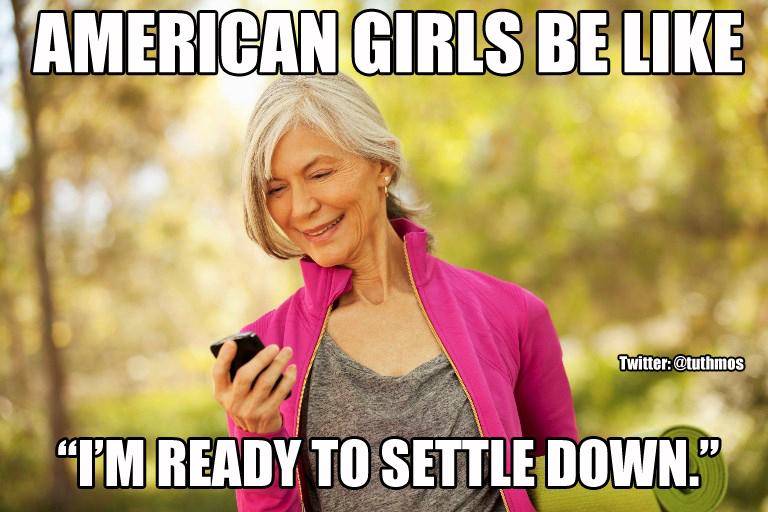So "Intactivist" Evan Roman is this resentful young man who still can't forgive his mother for circumcising him as an infant, despite her abject, public apology for having put him through the trauma. Because parents should respect their children's bodily autonomy.
You know, Evan, I feel your pain: Nobody asked my permission when my mother, alarmed by my growing resemblance to Alfred E. Neuman, hauled me in to Dr. Cohn at the age of twelve to have my teeth forcibly straightened. God, I hated wearing that headgear (almost as much as my dad hated paying those orthodontia bills)! And Dr. Cohn was so incompetent he managed to kill one of my incisors by applying too much pressure when he tightened the braces during my monthly torture session, later necessitating a costly root canal. Sure, the whole ordeal corrected my overbite, but look at this permanently discolored tooth! My mother's good intentions were no excuse!*
Of course, the evil of male circumcision is one of the Men's Rights Movement's hobby horses. I am inclined to agree that parents should be discouraged from having their sons circumcised (unless their religion requires it), since it appears to be a medical procedure with some (small) risk and dubious benefit. However, a generation ago, people were taught by medical authorities that male circumcision not only helped men maintain good hygiene, but also reduced the risk of cervical cancer and a host of other potential maladies. It was such standard medical practice that infants were often circumcised without the parents' permission.
I was surprised when a friend elected to circumcise his own infant son several years ago, but I expect he was operating along the lines "like father, like son."
I am of that same generation as my friend, so I'll admit I didn't get up-close-and-personal with an
So, no, I am not defending a practice that is gradually, and
On the other hand, I haven't met any circumcised men who complained their penises weren't sensitive enough, despite lacking a protective shroud of foreskin. Hell, I had a Turkish boyfriend whose circumcision was delayed until he was eleven (the family waited until they had a batch of boys ready since the party accompanying these rituals can be quite expensive), and then it was done without any anesthesia by a dirty old man with a rusty razor blade (and he had the scars to prove it). Still, he did all right...
Evan Roman needs to get a grip, accept his mother's heartfelt apology, and get on with his life.
And nothing jacks my jaw more than MRAs that equate male circumcision with female genital mutilation (FGM). The masculine equivalent to FGM, in terms of sensory function, would not be the removal of the foreskin; it would be the removal of the glans (head) of the penis itself.
When I was in the middle east, I met a number of Egyptian and Somali women who had been "circumcised" (that is to say, their clitorises excised) as children. Although the practice is not prevalent in Saudi Arabia, and most Muslims abhor it, there are regions where the tradition persists. I vividly recall one of my students (at 27, already the mother of ten) confiding that, try as they might, her husband could never bring her to orgasm because that vital bit of sensory tissue had been carved out of her at the age of seven at the behest of her own grandmother. Although she enjoyed a very loving relationship with her husband, they were both frustrated and saddened they could not share equally in the physical pleasure of sex. As a result, they were firmly united in their resolve to resist family pressure to "circumcise" their own daughters. But even she didn't blame her mother for allowing her to be mutilated in such a devastating manner. She understood that traditions die hard, and it often takes at least one generation of education to implement social change.
If I could meet that former student now, I would urge her to consult with Marci Bowers, one of the few surgeons who performs clitoral restoration. Dr. Bowers is a renowned authority on "sexual reassignment" surgery, is a trans woman herself, and is reported to enjoy great success in restoring not only form but also function to realigned genitalia.
* My older sister had it even worse, being one of the last generation to undergo a routine "prophylactic" tonsillectomy.
